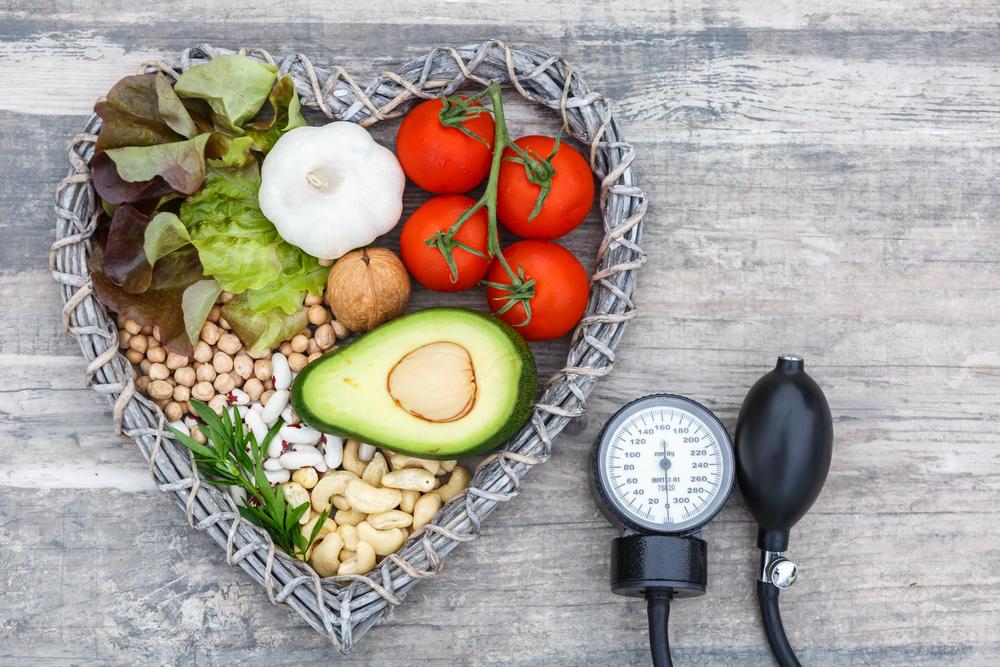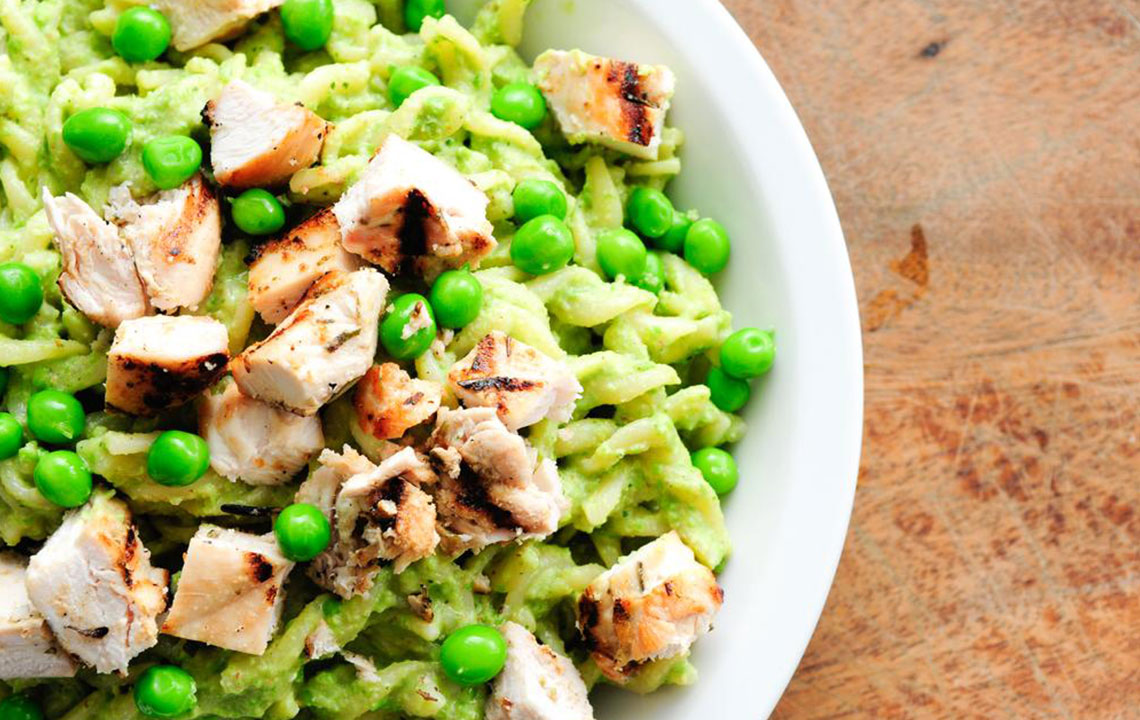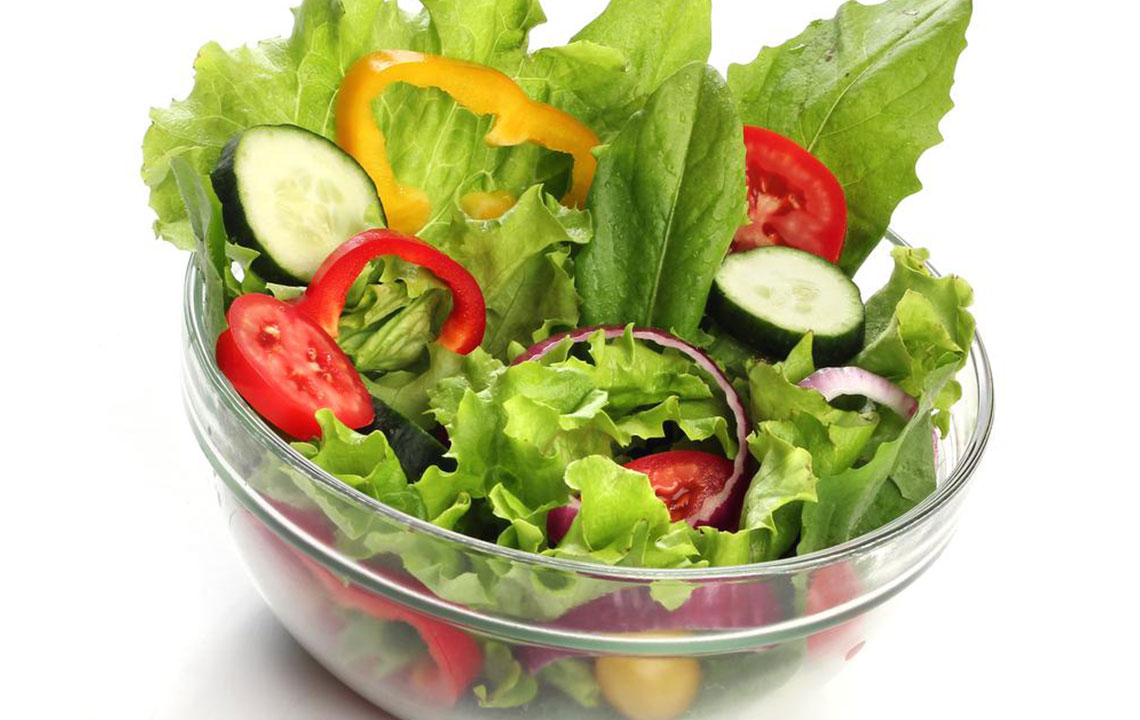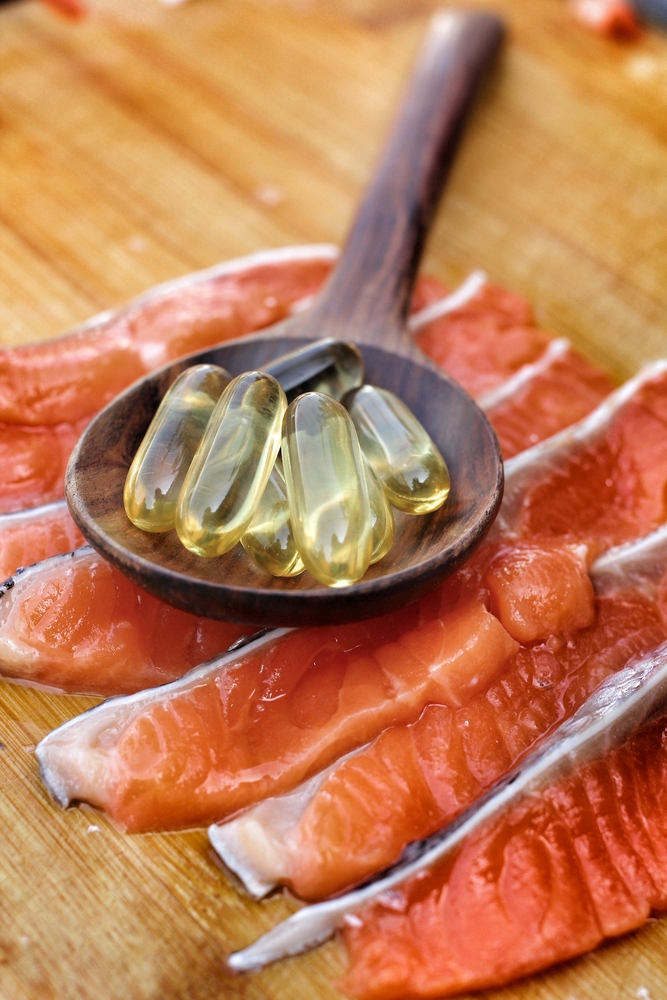Essential Dietary Strategies to Lower Cholesterol Naturally
Discover comprehensive dietary strategies to naturally lower cholesterol levels and promote cardiovascular health. This guide highlights the importance of healthy fats, soluble fiber, soy foods, plant sterols, and omega-3s, offering practical tips to include these in daily meals. Enhancing your diet with these key foods can reduce LDL cholesterol, improve heart health, and support long-term wellness. Ideal for those seeking sustainable lifestyle changes, this article provides evidence-based advice on controlling cholesterol through nutrition, alongside additional lifestyle tips for optimal cardiovascular protection.

Essential Dietary Strategies to Lower Cholesterol Naturally
Maintaining healthy cholesterol levels is a cornerstone of cardiovascular health. While cholesterol is essential for many bodily functions, excessive levels, particularly low-density lipoprotein (LDL) cholesterol, can lead to plaque buildup in arteries, increasing the risk of heart attacks and strokes. A well-balanced diet tailored to reduce LDL cholesterol can have a profound impact on heart health. In this comprehensive guide, we'll explore the most effective nutritional choices and dietary habits to help you naturally lower cholesterol levels and promote overall cardiovascular wellness.
Understanding the types of dietary fats and their effects on cholesterol is critical. Trans fats and saturated fats are notorious for raising LDL cholesterol, whereas unsaturated fats, soluble fiber, and certain plant compounds can actively work to lower LDL levels. Incorporating a variety of heart-healthy foods into your daily meals not only reduces cholesterol but also boosts overall vitality. Here, we delve into five key dietary elements that are scientifically proven to support healthy cholesterol levels and improve cardiovascular health.
Foods Rich in Unsaturated Fats: A major dietary shift towards foods rich in unsaturated fatty acids can considerably improve lipid profiles. Replace fried and processed foods that are high in saturated and trans fats—such as potato chips, commercial baked goods, and fast foods cooked in palm or coconut oil—with healthier options. Select cooking oils extracted from olives, corn, rapeseed, sunflower seeds, and other sources rich in monounsaturated and polyunsaturated fats. Additionally, include nuts, seeds, oily fish like salmon and mackerel, avocados, and plant-based spreads, which promote better cholesterol regulation by increasing HDL (good cholesterol) and decreasing LDL (bad cholesterol). Consistently choosing these foods over saturated fats is one of the most effective ways to support a heart-healthy diet.
This approach highlights the importance of replacing unhealthy fats with healthier alternatives. By making conscious food choices that prioritize unsaturated fats, it’s possible to enhance lipid profiles and reduce cardiovascular risk over time.
Soy-Based Products: Incorporating soy products into your diet is an effective natural strategy to manage cholesterol levels. Soy foods are low in saturated fats and are rich in high-quality protein. Consuming approximately 15 grams of soy protein daily has been shown to reduce LDL cholesterol by as much as 6%. Popular soy-based options include soy nuts, tofu, edamame, soy milk, and soy-based desserts. Other beneficial soy derivatives like miso, tempeh, fermented soy products, and fortified cereals containing soy can also contribute to cholesterol reduction. Regular intake of soy proteins provides a plant-derived, heart-friendly alternative to animal proteins and may help prevent cardiovascular diseases.
Dietary Soluble Fiber: Soluble fiber is a powerful nutrient that binds cholesterol in the digestive tract, preventing its absorption into the bloodstream. To harness its benefits, include foods high in soluble fiber in your meals. Examples are oats, barley, beans, lentils, peas, and a variety of fruits such as apples, strawberries, oranges, and peaches. Vegetables like broccoli, carrots, and sweet potatoes are also excellent sources. Regular consumption of soluble fiber not only aids in lowering LDL cholesterol but also promotes healthy digestion, blood sugar control, and weight management.
Plant Sterols and Stanols: Naturally occurring in many plant-based foods, phytosterols—also known as plant sterols and stanols—are compounds that help block cholesterol absorption in the intestines. These can be found in foods like peanuts, sesame oil, canola oil, olive oil, almonds, Brussels sprouts, wheat germ, and wheat bran. Some products, especially spreads, yogurts, and milk, are now fortified with plant stanols and sterols, providing an easy way to boost intake. Prioritizing natural sources over supplements enhances their health benefits. Integrating these substances into your diet has been shown to reduce LDL cholesterol levels by up to 10% in some cases.
Oily Fish High in Omega-3 Fatty Acids: Omega-3 fatty acids, primarily found in fatty fish like salmon, mackerel, herring, tuna, and trout, are renowned for their heart-protective effects. Regular consumption of omega-3-rich fish has been linked to reduced triglycerides, decreased LDL cholesterol, and increased HDL levels. Experts generally recommend consuming at least two servings of oily fish each week, prepared through baking, grilling, or steaming to preserve healthful fats. For those unable to eat fish regularly, omega-3 supplements, such as fish oil capsules, are a viable alternative. Incorporating these nutrient-dense fish into your diet promotes a lower risk of cardiovascular events and supports a balanced lipid profile.
Adopting these nutritional strategies involves a holistic approach to dietary habits, emphasizing whole, minimally processed foods and natural nutrient sources. Over time, integrating these elements can lead to significant improvements in cholesterol levels, reducing the risk of heart disease and stroke. Remember, combining dietary modifications with regular physical activity, lifestyle adjustments, and medical guidance can amplify the benefits and foster long-term cardiovascular health.
static fallback description. Implementing a diet rich in healthy fats, soluble fiber, soy, plant sterols, and omega-3 fatty acids is a scientifically proven way to reduce LDL cholesterol naturally. This comprehensive dietary plan enhances heart health, prevents cardiovascular diseases, and supports a balanced, nutritious lifestyle. By making mindful food choices and prioritizing nutrient-dense options, individuals can effectively control cholesterol levels and enjoy improved overall wellness for the long term.




